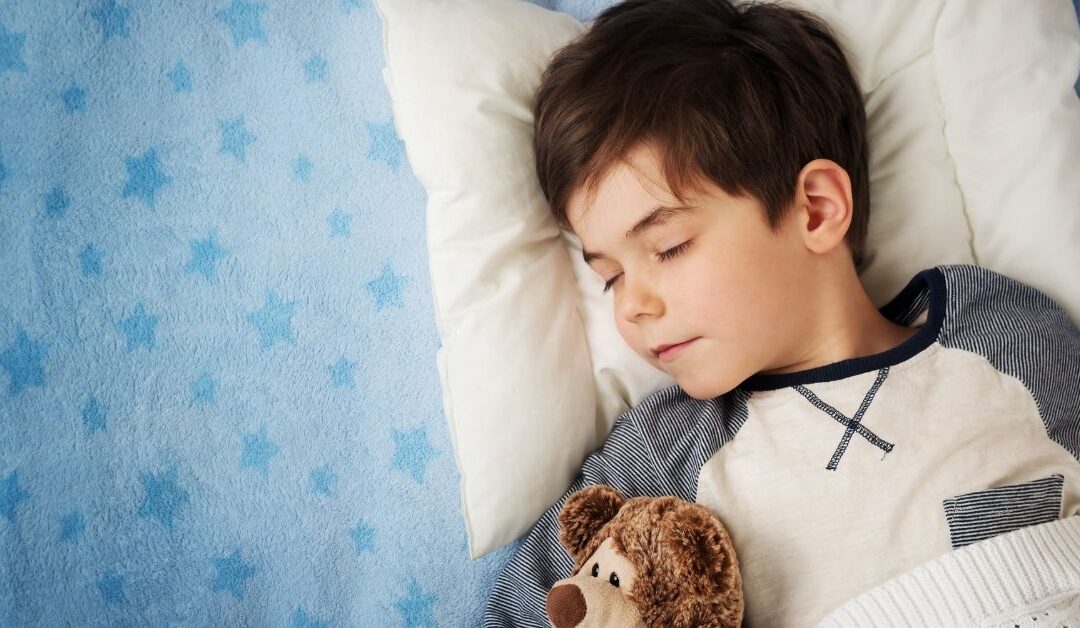Bedwetting, also known as nocturnal enuresis, is a common issue that affects many children and teenagers. When combined with Attention Deficit Hyperactivity Disorder (ADHD), bedwetting can be even more challenging for teens to navigate. It can lead to feelings of embarrassment, shame, and low self-esteem. In this article, we will explore some effective strategies for supporting teens with ADHD and bedwetting, empowering them to overcome this challenge and lead fulfilling lives.
ADHD is a neurodevelopmental disorder characterized by symptoms such as inattention, impulsivity, and hyperactivity. It affects approximately 6% to 9% of children and adolescents worldwide. Bedwetting, on the other hand, is the involuntary release of urine during sleep. It is a common childhood issue that can persist into adolescence and even adulthood. ADHD Bedwetting affects about 5 to 10% of children and teens.

Image Source:Google
Bedwetting can have a significant impact on the emotional well-being and psychological development of teenagers with ADHD. Some of the common effects include:
1. Low self-esteem: Teenagers with ADHD who experience bedwetting may feel embarrassed and ashamed. They may worry about being judged or ridiculed by their peers, which can lead to a decrease in self-confidence and self-worth.
2. Social isolation: The fear of wetting the bed at sleepovers or overnight trips can cause teenagers with ADHD to avoid participating in social activities. They may withdraw from their friends and feel left out, leading to feelings of loneliness and isolation.
3. Anxiety and stress: The constant worry of wetting the bed can create high levels of anxiety and stress in teenagers with ADHD. This anxiety can manifest as difficulty falling asleep or staying asleep, leading to further sleep disturbances and fatigue.
4. Sleep disruption: Bedwetting can disrupt a teenager's sleep, leading to poor quality of sleep and daytime drowsiness. This can impact their overall well-being, as adequate sleep is crucial for physical and mental health.